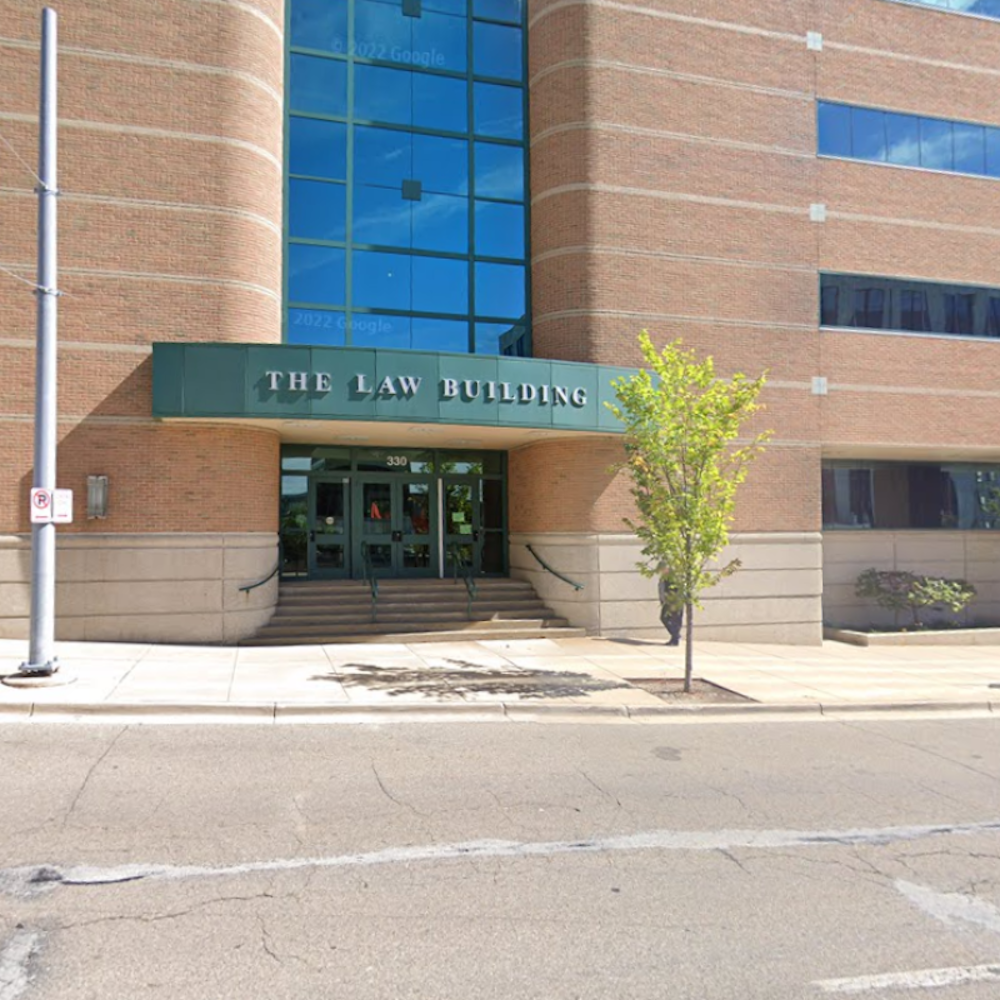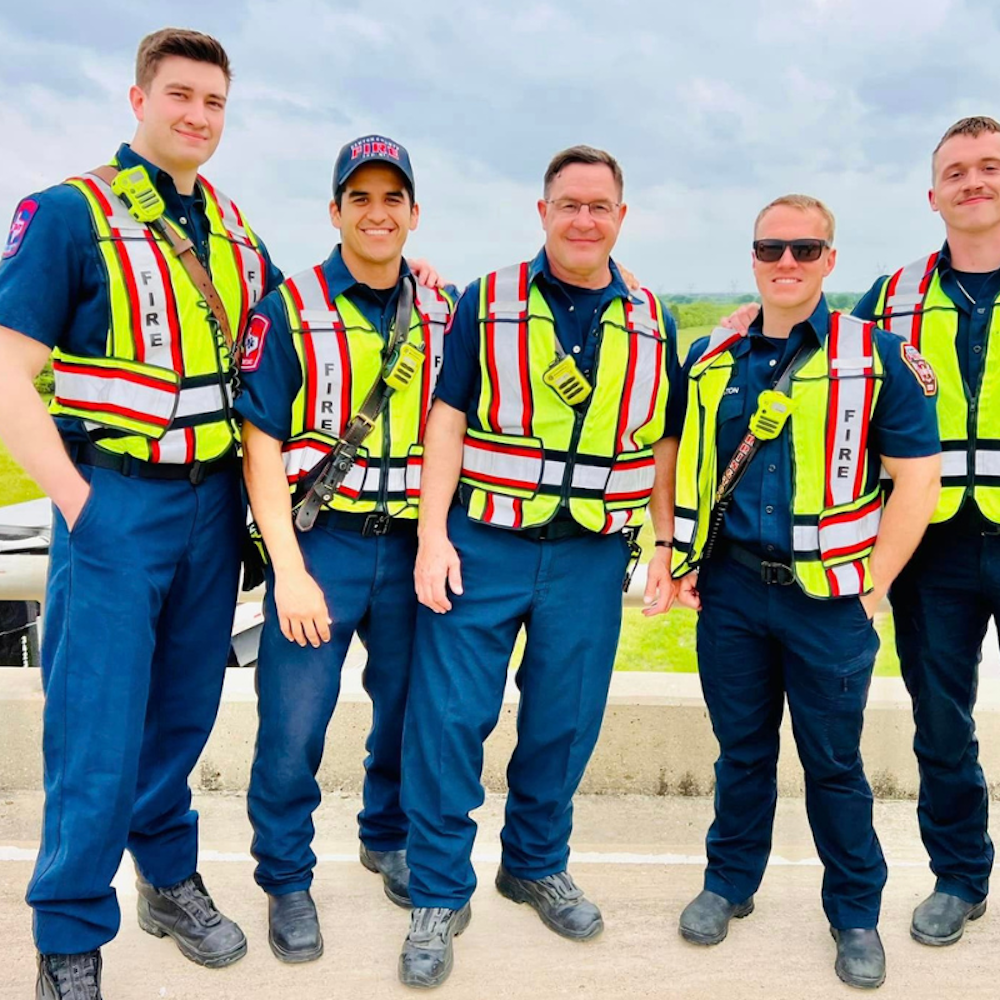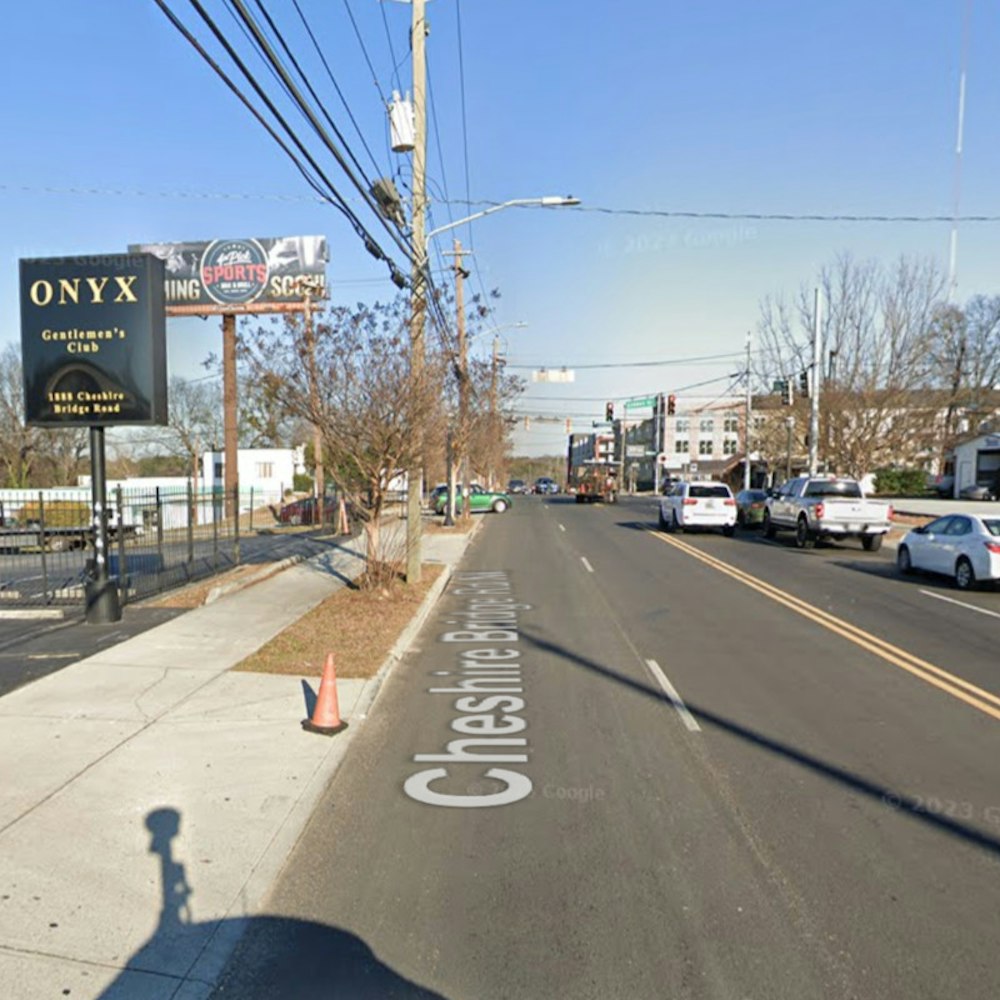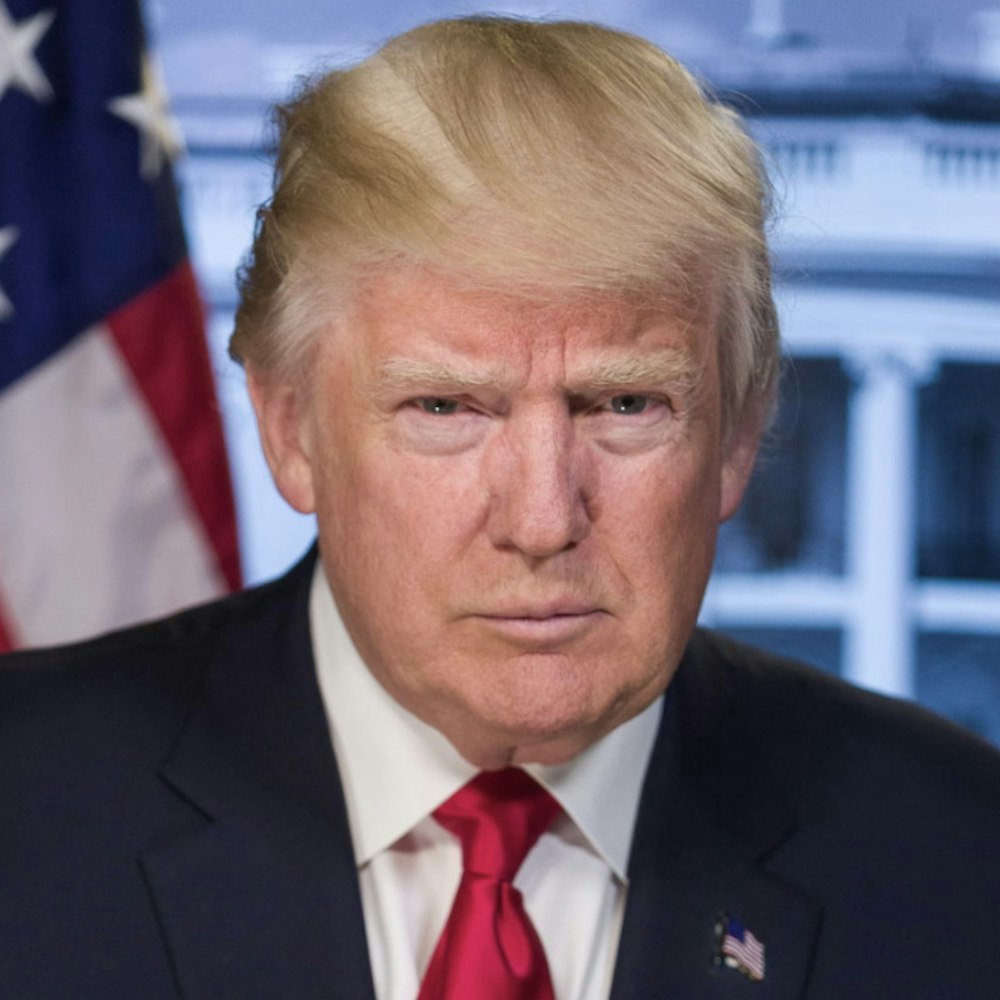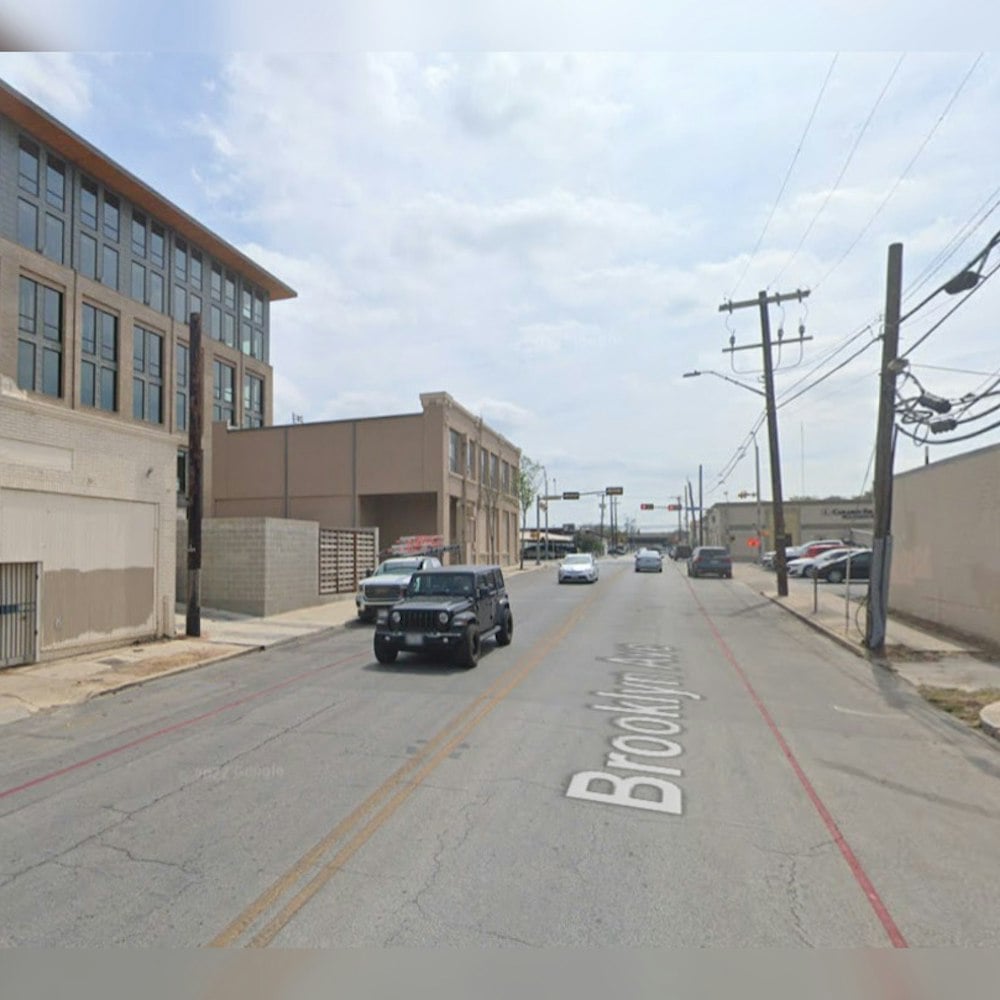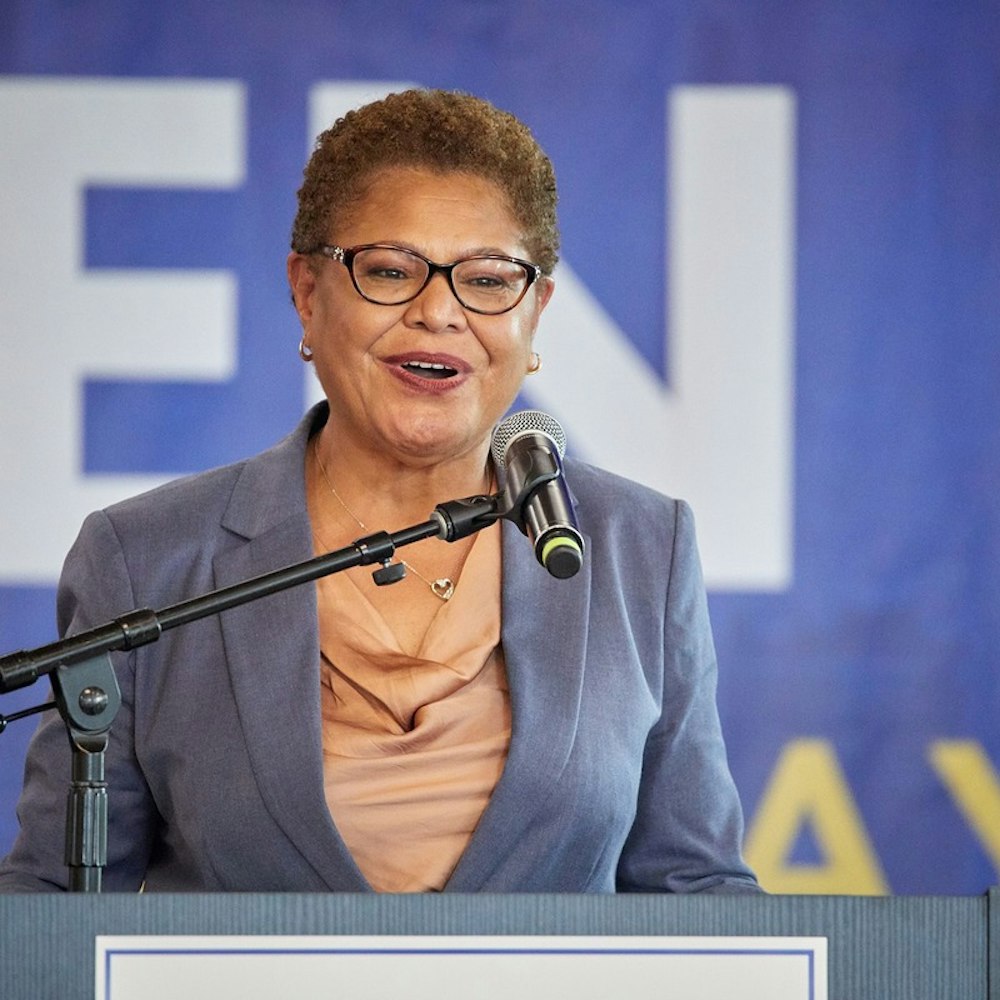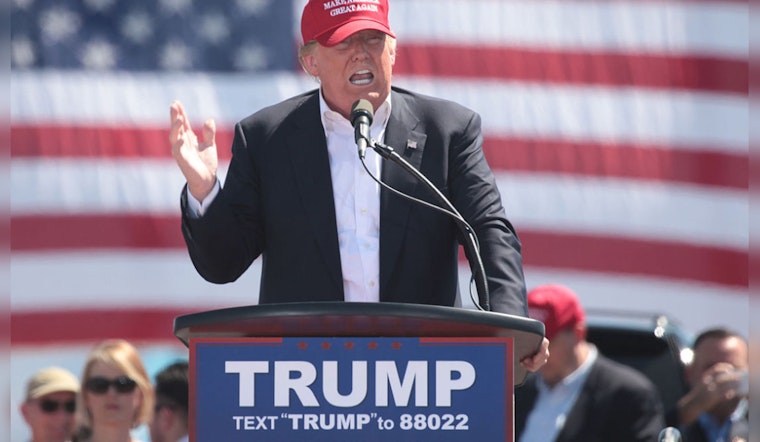
As the 2024 presidential election hurtles forward, Donald Trump's campaign, which once took Michigan by storm, is now treading lightly in battleground states where victory seems within grasp but remains unsecured. Despite an earlier triumph in Michigan and President Joe Biden's perceived vulnerabilities, the significant general election investments in these critical territories are lacking, leaving Republican Party officials like Michigan Republican Party Chairman Pete Hoekstra hungry for more substance to their operations. "We've got the skeleton right now," Hoekstra told WABE, flagging an urgency to "put more meat on it."
In nearby Georgia and in other key states across the nation, a similar pattern unfolds, leaving Republican insiders and party operatives questioning the strategy as the Biden campaign ramps up its presence. With over 100 offices opened and an additional 350 staffers deployed in swing states – a stark contrast to the opposition – the Democrats are showing notable forward motion. "We do not feel obligated, however, to discuss the specifics of our strategy, timing, or tactics with members of the news media," Chris LaCivita, Trump campaign senior adviser, maintained in a stance reflecting confidentiality over the campaign's moves.
Lara Trump, newly minted as RNC co-chair, has led a shift in the national committee – one marked by layoffs of over 60 staffers, including those at the heart of minority outreach efforts. Despite assurances that the community centers – crucial in engaging minority voters – would remain open, the fate of further expansions remains uncertain. This strategic pivot emerges after Lara Trump cut what she termed "a lot of fat" from the RNC's structure, impacting outreach approaches that some like RNC member Shawn Steel have deemed vital for the party's grasp on competitive constituencies. "It seems that there's a consensus that community centers are vital for the Republican Party in general," Steel emphasized, underscoring the gravity of these resources in politics where a handful of votes can tip the balance.
Yet, as the Biden campaign unleashes a $30 million ad offensive aimed at swing-state voters, particularly within Black and Hispanic communities, the Trump campaign's visibility wanes, limited to private meetings and strategic discussions behind closed doors. Amidst the flurry of activity, Trump's campaign remains a mosaic of undisclosed strategies and postponed initiatives, which has left the timeline for essential groundwork such as field staff deployment hanging in a nebulous state. While Trump made a play for personnel consolidation in battleground regions, the operational fabric appears yet to be woven.
Georgia GOP Chair Joshua McKoon, while expressing hope for meeting the needs of the campaign, acknowledged the absence of a concrete plan. "What wins elections is having the staff necessary to carry out your get-out-the-vote plan," McKoon said in a conversation alluding to necessary reinforcements, signalling his expectations for a forthcoming detailed strategy as the election nears. All this, as President Biden intensifies his campaign trail, with recent stops from Pennsylvania to North Carolina, profiles a race that is as much a battle for visibility as it is for votes on paper.
